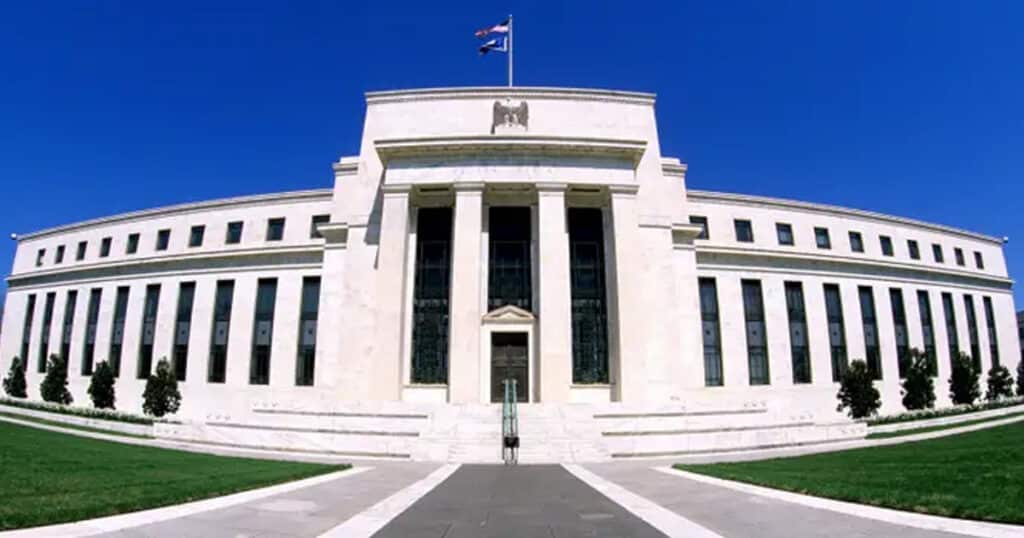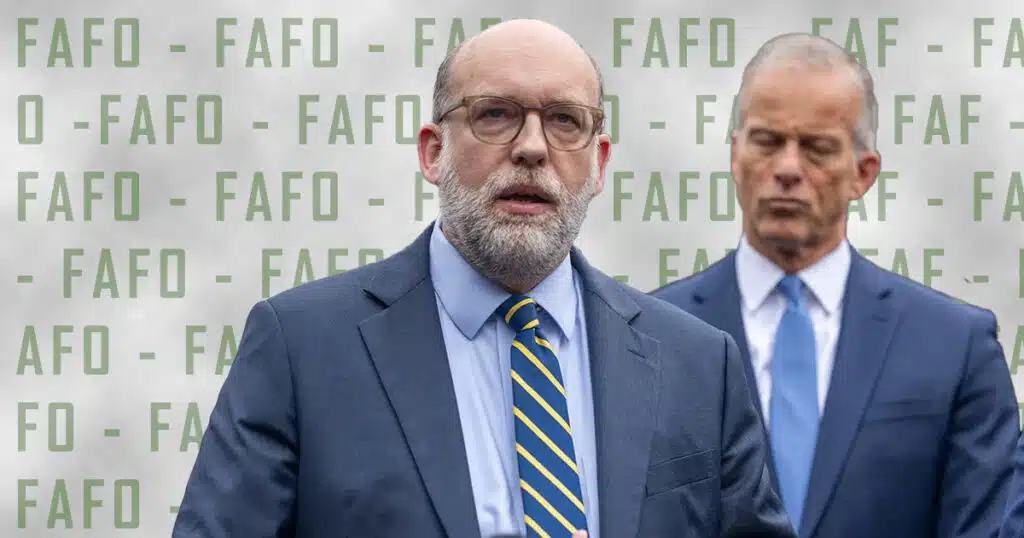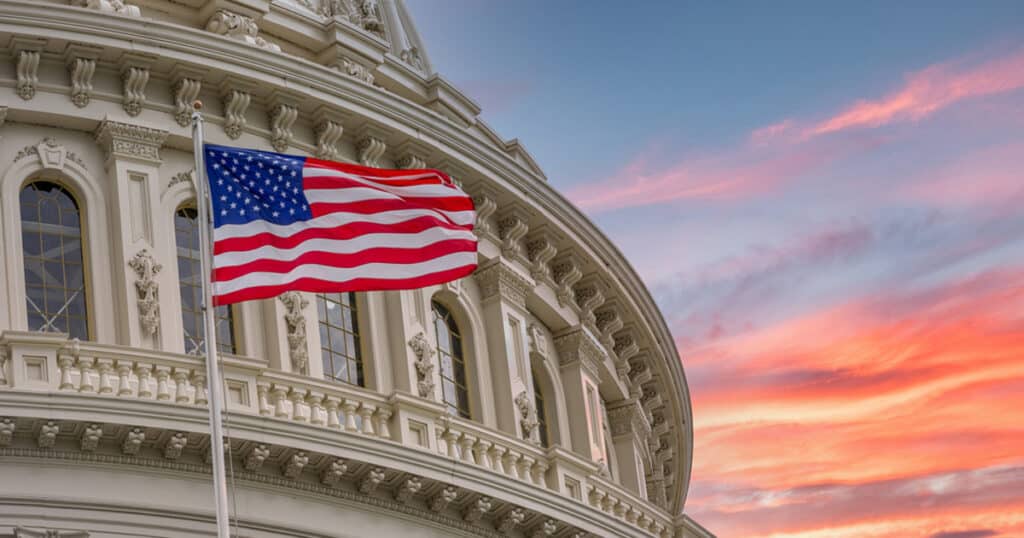
End The Fed?
Some 500 economists work for the Federal Reserve System. This is probably more than the entire dismal science faculty at all eight Ivy League Universities, perhaps with Chicago and Berkeley thrown in for good measure. If the Fed were disbanded, they would all have to seek other work, perhaps leading to prosperity. Under the present institutional arrangements, they undermine the economy. On the other hand, this is an empirical issue. Presumably, many of them would obtain faculty positions, on the basis of which they would be inculcating their charges with the same voodoo economics with which they ruin the economy.
Why? How so? That is because one of their present roles is to determine, among other things, the interest rate. Thus, this job of theirs is “beneath contempt.” From whence did this phrase spring? It comes to us courtesy of an economist who has been accurately characterized as a “national treasure.” Here is the quote from Thomas Sowell (from Sowell’s textbook, Basic Economics) to which he refers:
“Another reason for public support for protectionism is that many economists do not bother to answer either the special interests or those who oppose free trade for ideological reasons. The arguments of both have essentially been refuted centuries ago and are now regarded by the economics profession as beneath contempt.”
Well, so it is for price controls, and, as interest rates are a price, just like that of imports, so too is controlling them via the Fed’s central planning “beneath contempt.”
Moreover, if there is anything we have learned both from theory and practice, it is that price controls create economic disarray.
Have we learned nothing from the almost perfectly controlled experiments of East and West Germany, North and South Korea, a true rarity not only in economics, but in all of social science? Presumably not, otherwise the Fed would never have lasted as long as it so far has.
Central planning never works and never will work. Prices, market prices, free market prices, are the eyes and ears of the economy. Without them, we would not know whether it is economically better to use platinum or steel for railroad lines. The former can do a better job. But its market price is so high we may do no such thing, if we want to allocated resources productively. Its relatively high price indicated that this metal should be used for more important purposes elsewhere in the economy, and lower-priced steel for this use.
Ditto for interest rate prices. Should we build a tunnel through the solid rock mountain, or a far longer road all around it? The former will cost far more right now and will take many years to come online, maybe decades. But it will save money for centuries, most likely in terms of reduced travel outlays. The circular road will cost less and will be available for motorists much sooner. It will last longer, and be in less need of repair, given that the danger of cave-ins will be comparatively minimal. If the interest rate is high, we will veer in the direction of the road. We will heavily discount the roundabout process of the tunnel. If low, the shortcut in terms of vehicle mileage will be more attractive. But this assumes a market rate of interest, not one concocted out of whole cloth by a bunch of central planners scattered all around the country, who pay no price, none at all, for being wrong.
We have not yet said anything about the second job of the Fed: maintaining the value of the dollar. It has lost some 97% of its value from the time of its inception in 1913 to the present time. On that ground alone, it ought to be disbanded, forthwith, and salt sowed where it once stood.



